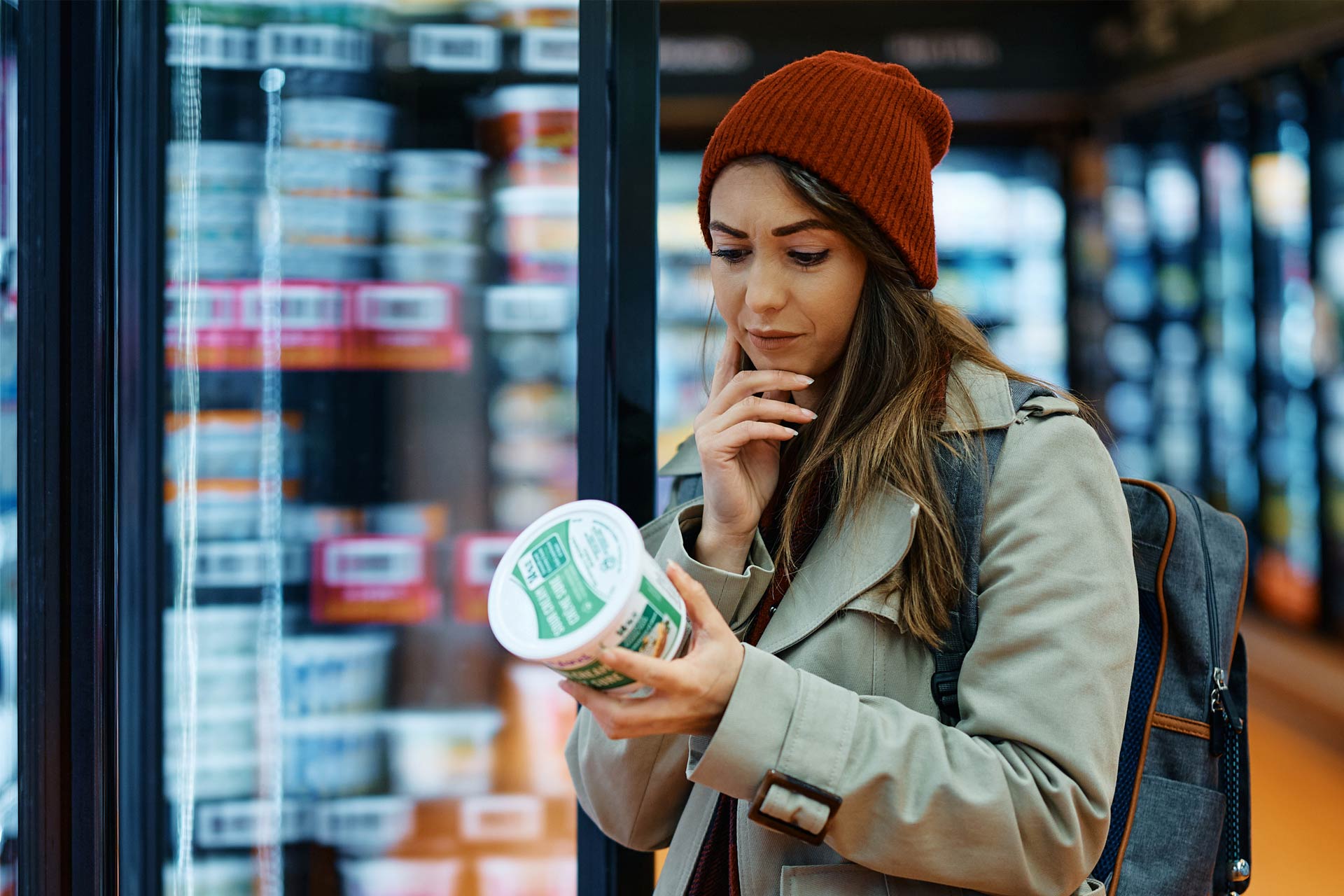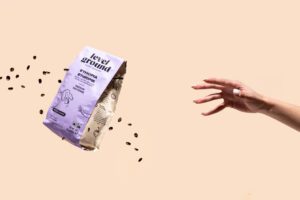What is Private Label?
The Basics
Private label goods (or "store brands"), are products made by third party companies, but typically sold by another under a different retailer brand name.
Visit most major retailers and you'll begin to see these products all over – from food and beverages, to household items.
This setup allows retailers to offer their own product lines to consumers without the heavy lifting of manufacturing. They essentially "white label" products with their own brand name, and offer them as affordable options to customers.
Consumers have been increasingly purchasing these products in the United States, as well as most other countries.
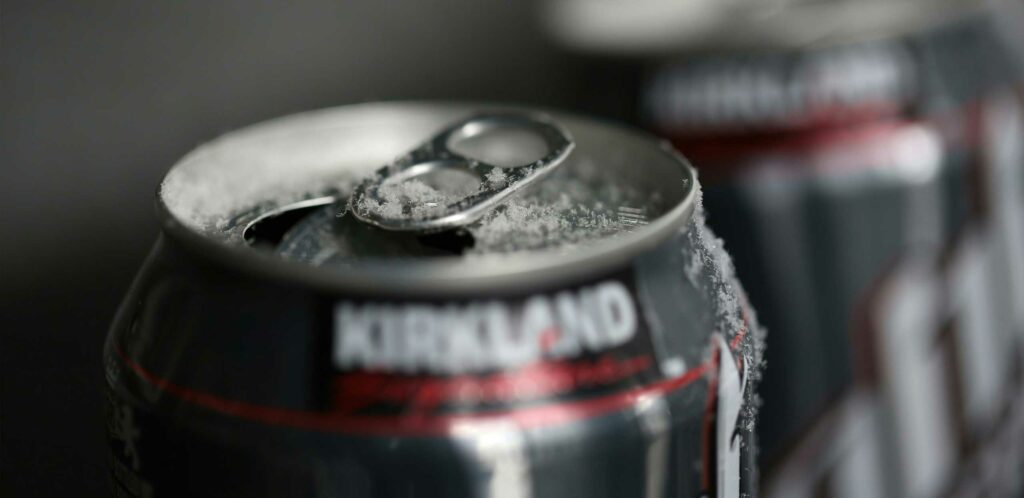
Examples of Private Label Brands
As we mentioned, Private label brands are everywhere these days. They exist in a variety of categories; from skincare and beauty products, to electronics, as well as food and beverage.
You've almost certainly purchased one of these white-labeled brands in the past without much consideration.
Examples include:
- Kirkland Signature (Costco)
- Amazon Basics (Amazon)
- 365 Everyday Value (Whole Foods Market)
- Great Value (Walmart)
- Up & Up (Target)
- President's Choice (Loblaw)

The Evolution of Retail Private Label
The private label business model is not new, it began to emerge sometime during the 1940s to the 1960s.
Initially, these private label products were seen as an inferior lower-cost alternative to national or "mainstream" brands. However, over the decades, these once low-quality and generic products evolved dramatically.
In the 1970s and 1980s, retailers began investing more in the quality and presentation of their private label products. By the 1990s, private label brands had expanded into various product categories, challenging the dominance of popular mainstream brands.
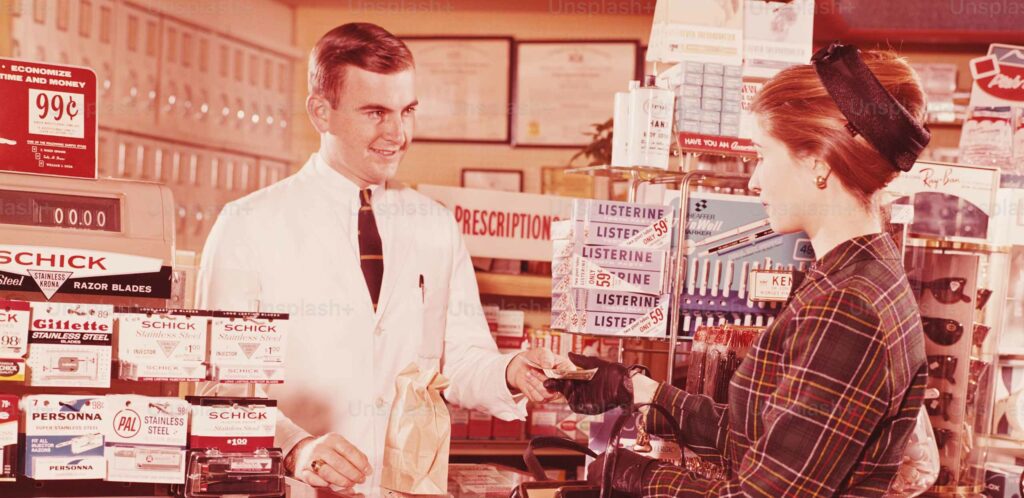
Retailers, seeing the success and profitability of mainstream brands (as well as increasingly price sensitive consumers) were more than eager to capitalize. They developed their private label brands as a new way to drive corporate revenue.
With greater control over pricing, non-existent listing fees, preferred shelf placement, as well as lower marketing costs; Retailers can often create products and offer them at lower prices. While this delights many consumers, most brand owners see this as an unfair advantage.
Today, private label brands are sophisticated and widely accepted. These retailer brands are now often perceived as equal to, or better, than national brands. They occupy a significant market share that continues to grow, driven by consumer demand for value and quality.
Who makes Private Label Goods for Retailers?
Largely specialized third-party manufacturing companies do. These companies are also known as "Contract Manufacturers." They play a crucial role in the production of private label goods, allowing retailers to create their own product lines without investing in their own manufacturing facilities.
Examples of Third-Party Manufacturers:
1. TreeHouse Foods: Specializing in packaged foods and beverages, TreeHouse Foods offers a wide range of private label products, including snacks, sauces, and frozen foods.
2. Perrigo Company: Focused on healthcare products, Perrigo manufactures over-the-counter medications, nutritional products, and personal care items for private labels.
3. McBride: A European manufacturer and supplier of private label and contract manufactured products for the domestic household and professional cleaning and hygiene markets.

Surprise! Mainstream Brands Also Produce Private Label Products
Now, contract manufacturers aren't the only ones that develop private label products.
Perhaps surprisingly, many mainstream brands also produce private label products for retailers.
This practice is known as "co-packing," and allows established brands to maximize their production capacity, and increase revenue streams without directly competing with their own branded products.
These co-packing arrangements are typically "hush-hush" for a variety of reasons. For example, mainstream brands who do co-packing often need to maintain perceptions of quality and fair pricing on their core lines.
An example of this co-packing secrecy is shared in this MoneySense article; in it a former Duracell sales rep revealed that "Kirkland brand batteries were made by Procter & Gamble’s Duracell," however, when Costco was asked, the spokesperson said only that "all Kirkland Signature products are top tier."
Co-packing may be more widespread than many realize. Back in 1996 Havard Business Review stated that at the time "more than 50% of U.S. manufacturers of branded consumer packaged goods make private-label goods as well." In Dairy Foods’ 2017 Contract Manufacturing Survey, more than half of the respondents (55%) stated their companies were involved in co-packing.
Key Differences Between Brands & Private Label?
1. Product Quality and Innovation: Mainstream brands are better known for their high quality and more continuous cycles of innovation. Private label brands on the other hand, tend to offer good quality commodity items at lower prices; something popular during periods of inflation and economic challenge.
2. Pricing Strategies: Private label products tend to attract budget-conscious shoppers with lower prices, while mainstream brands often position themselves as more premium options, with a higher price point.
What are the Consumer Benefits?
• Private Labels: Offer popular and highly-purchased products tailored to the target market, often at lower prices, which can translate to savings for shoppers.
• Mainstream Brands: Known for their reliable quality and strong brand identity. Extensive marketing and wide availability make them a trusted choice for many consumers.
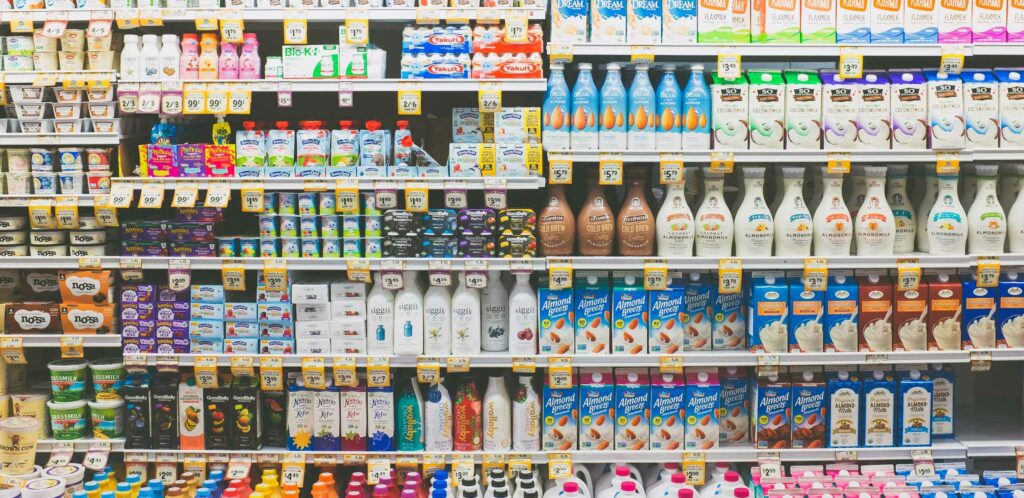
How Mainstream CPG Brands Can Fight Back
We see "mainstream brands" as both larger companies and small businesses that primarily manufacture their own products.
Over time these companies have painstakingly developed new products, and built loyal customer bases through consistent and extensive marketing strategy efforts; investing heavily in packaging design, brand identity, brand awareness, social media, and so much more.
The trouble for these organizations is that private label brands and products are gaining market share.
Here are three ways mainstream brands can fight back:
#1 - Beat Private Label with Consumer Connection
To beat private label brands, mainstream brands should focus on creating strong consumer connections through compelling brand storytelling, regular innovation, impactful marketing, exceptional customer service, distinctive packaging, and active social media engagement. These strategies help build emotional connections, maintain consumer interest, and differentiate from private label competitors.
For more detailed information, you can visit the article.
#2 - Innovation
Private-label category managers juggle many categories and SKUs and often don’t have time to keep up with trends and innovation. This is why most private labels fall behind or just mimic successful products. To compete, mainstream brands need a strong innovation pipeline and must invest in R&D.
#3 - Portfolio Protection
You won’t win on price, so focus on offering products that meet specific consumer demands in your category. Use detailed consumer data to build a unique portfolio that private labels can’t match. Create unique flavors, invest in rotating items, offer retail-exclusive products and value sizes, use different ingredients, try collaborations, and launch new promotions to stay ahead and offer something different to your consumers.
To beat private label brands, mainstream brands need to connect with consumers through great storytelling and active engagement. Staying innovative and investing in R&D is crucial since private labels often lag behind. Focus on creating unique products tailored to specific needs with special flavors, exclusive items, and regular new promotions. This approach helps stand out and keeps consumers interested.
5,000+ People Receive our Newsletter
With over 15 years of helping consumer brands grow, our marketing insights are too good not to share. Subscribe to stay in the loop!
✅ Curated industry news
✅ Expert insights
✅ Actionable tips
✅ Crew happenings
✅ And a tiny bit of humor
You can unsubscribe at any time, but we think you’re going to like it. And, we promise we won’t spam.
